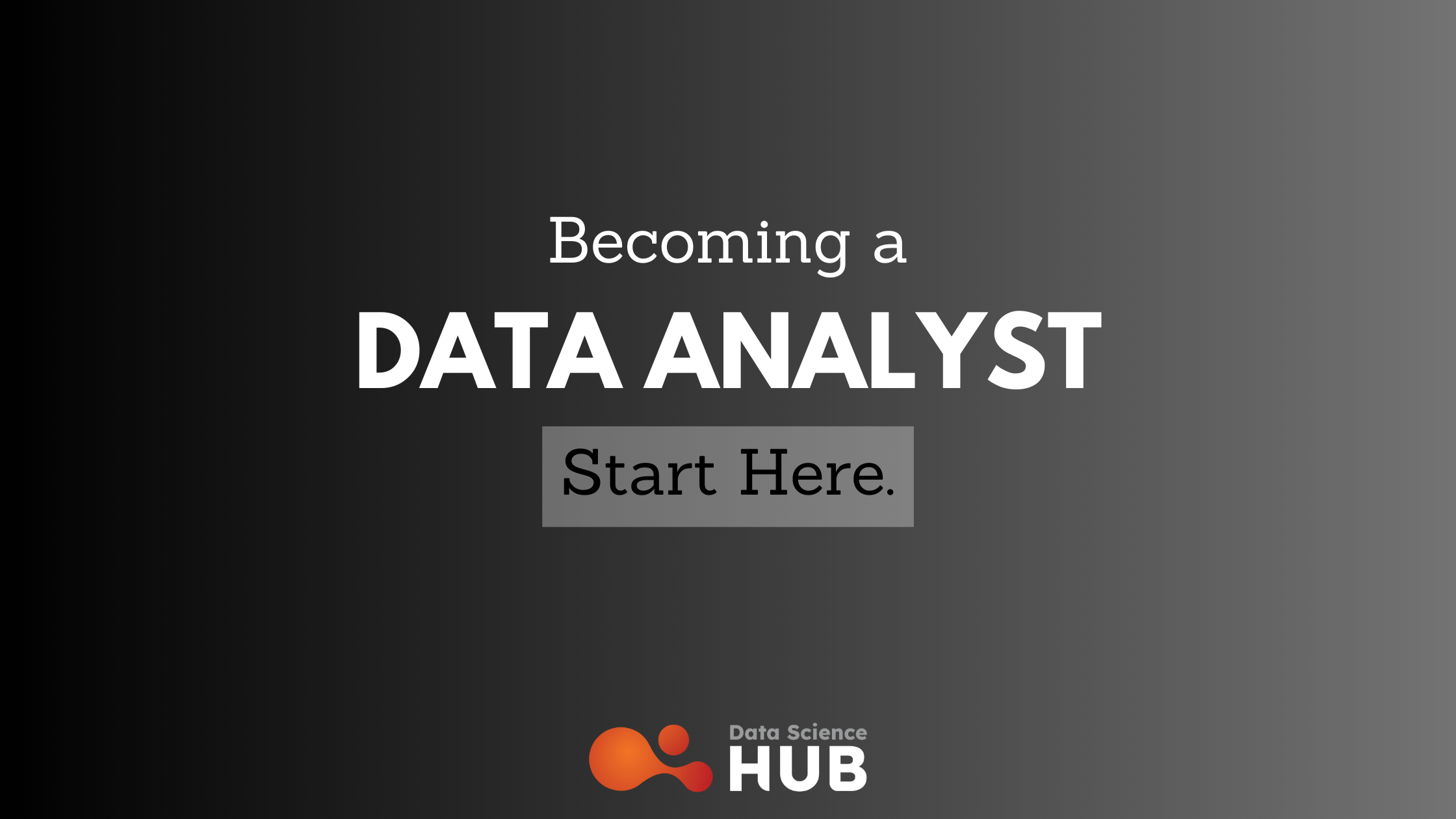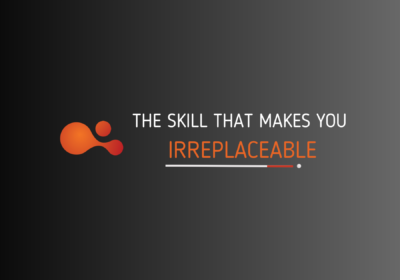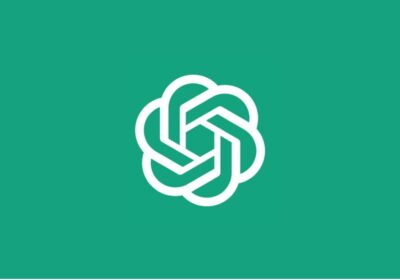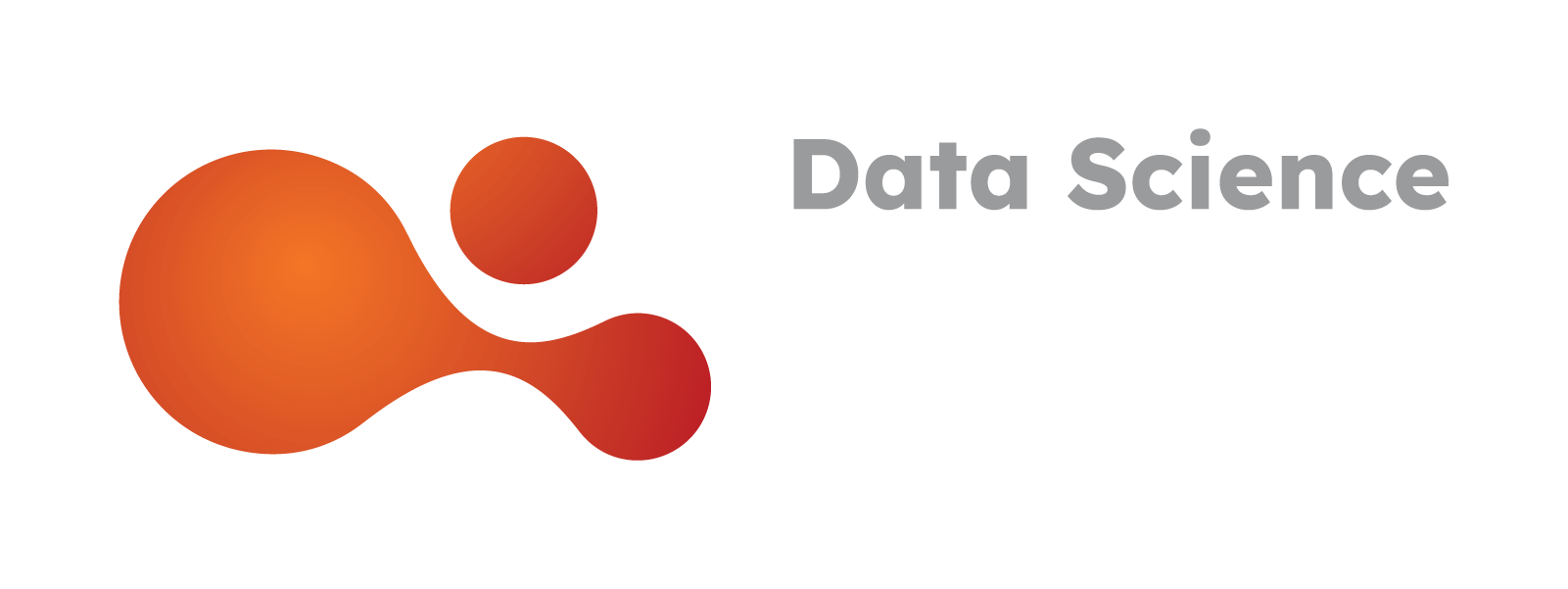Want to become a Data Analyst? Start Here.

“Data is the new Gold”
“Data Science – The sexiest job in the 21st century”
“Information age is all about data”
Most likely, you have read these somewhere. Everyone is talking about it. It is rewarding. It sounds interesting and exciting.
I want to upskill myself in data analysis, you thought.
You went on the internet and were left slightly (or sometimes, completely) lost.
It makes you think: where do I even start?
That was me at one point. But what I am sharing with you is a clear and concise curriculum to get started with becoming a data analyst.
No, it’s not a “Become a World Class Data Analyst using Python in 1 Minute and 45 Seconds course”. Instead, we will see that what you can learn in 4 weeks is what data analysts do 80% of their time. Here’s what that looks like.
Why Data Analysis?
Before you even start, you need to understand what data analysis is. We have all seen spreadsheets. Try and make sense of 10 rows in a spreadsheet. That’s easy. Try and do it for 100 let alone thousands and it’s impossible to make sense of for a human. That is where data analysis can bring you interesting insights in just a few steps and in seconds. Whatever course you are taking should discuss this. If you know why you need it, you will understand the When, How, and Where better.
Data Cleaning and Preprocessing
The next thing a good data analysis course will discuss is types of data, data cleaning, and preprocessing. Most of the data we get is not in our desired format. So, we use data cleaning and preprocessing methods like the removal of missing values, for example.
The course you are taking should explain the standard data cleaning steps but should also give you labs to practice on. The 4-weeks long Data Analyst course at the Data Science Hub does exactly that.
Data Exploration
Data Analyst course at DSH also walks you in detail through data exploration. It is a process of understanding the spread and limits of your data. It is usually done through Exploratory Data Analysis (EDA) visualisations. You learn more about this in the course.
Correlation and Regression
To understand the relationship between different variables or attributes in your data, you will use correlation. For instance, you can expect to observe a high correlation between weather and air conditioning bills.
Regression, on the other hand, can help you predict a future value. For instance, given a set of past housing prices, you can predict housing prices at a point in the future.
And it keeps getting more interesting.
If you tried to understand these concepts on YouTube, you might find good resources. But, you need those resources put together in an understandable format and complemented with practice labs. You just don’t get that on these platforms.
___
Advanced Visualisations, Clustering Analysis, and More
Further in the course, you learn about advanced data visualisations to extract meaningful insights from data, text (unstructured) data analysis, and clustering analysis. An interesting use case of clustering analysis is grouping people with similar traits to group the audience to better target marketing.
Soft Skills for a Data Analyst
The data analysis and visualisation methods discussed above are immensely valuable. But the true potential of data analysis cannot be achieved without understanding design thinking, developing the capability to communicate the results, being culturally conscious, and turning your data analysis into a data story.
You will learn these in the 4-weeks long Data Analyst course. As you enter the job market and start using these methodologies, you will understand how a holistic approach toward data analysis sets you apart with unique value you can deliver.
Learning to be a Data Analyst has never been this easier.
When are you upskilling to get that promotion, a raise, or a career switch you always wanted?
– Arslan Azad (LinkedIn)
Related Posts

The Skill That Makes You Irreplaceable
What is the most valuable skill in the 21st century? No, it is not AI,…

ChatGPT Tips and Tricks for Data Science
ChatGPTs possibilities are almost endless. If used correctly, this tool can be the answer to…

Data Challenge Winners Showcase
The Data Challenge allowed the teams to demonstrate their knowledge and skills learned during the…

Leave a Reply